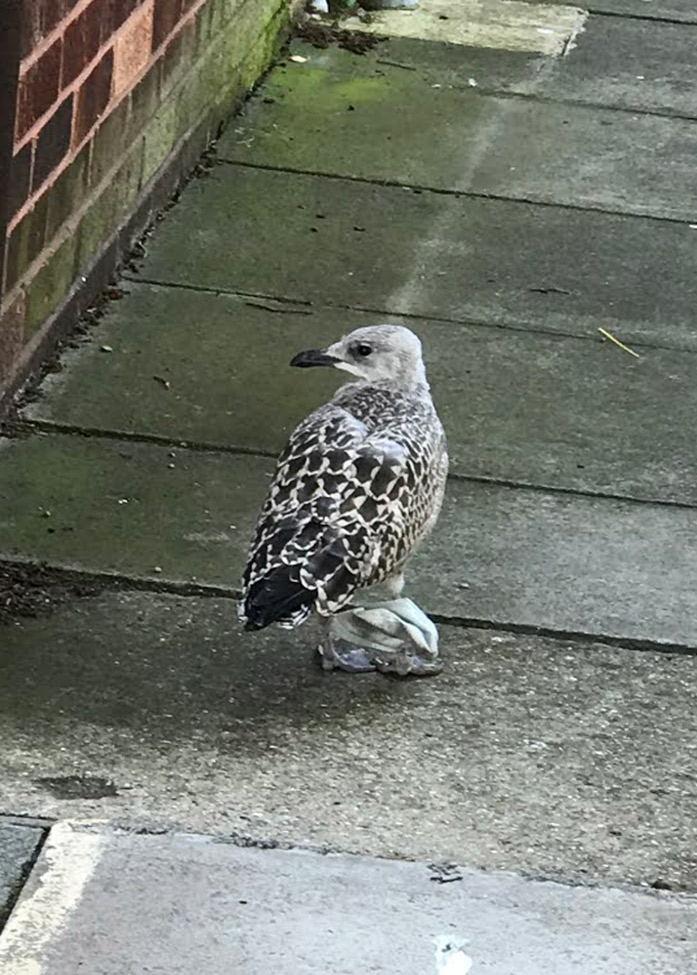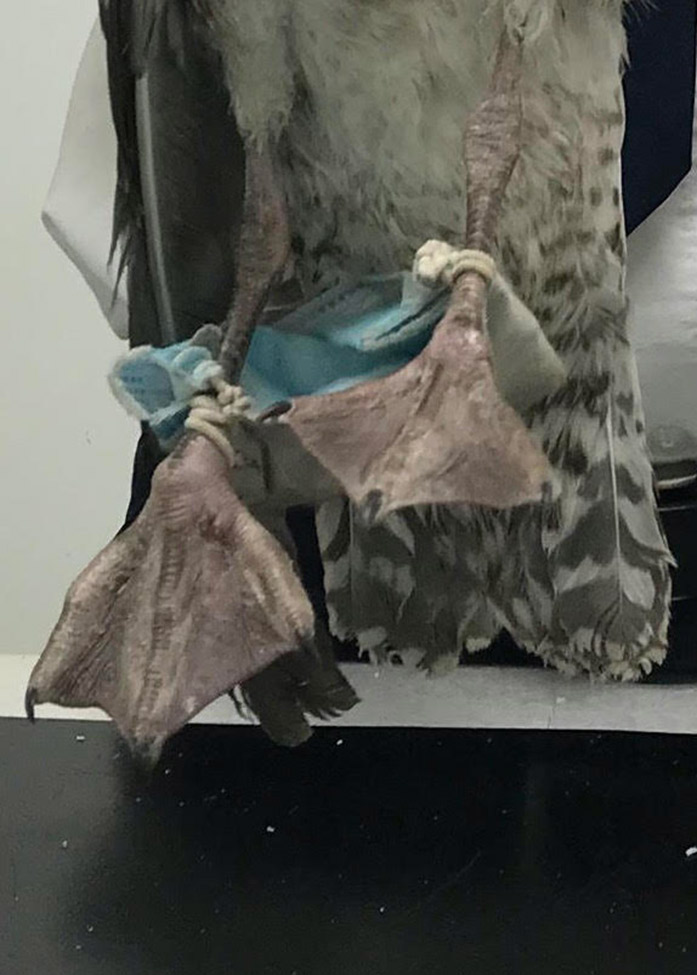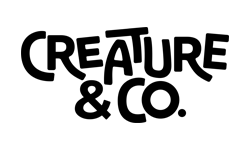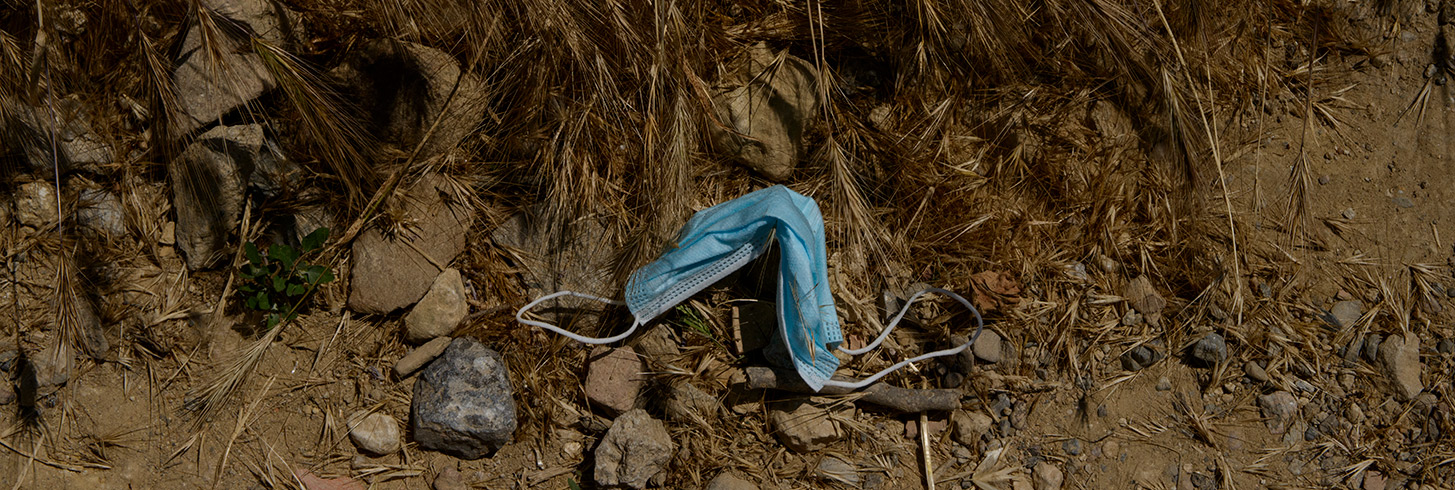Is our “new normal”
littered with plastic?
As lockdown restrictions ease, the UK is emerging into a strange new reality. A trip to the hairdressers involves plastic screens, visors, gloves, face masks, and aprons. Plastic is very much back on the agenda.
After a decade of determined action to use less and recycle more, the movement to end single‐use plastics, that had gathered so much momentum, has stalled in the face of coronavirus. Environmentally-conscious businesses seem to face a Catch‐22 – public health or the health of the planet.
Coronavirus has created genuine confusion, concern, and considerable guilt over the increased use of plastic. Responsible businesses, proud of their environmental credentials and how they have significantly reduced their plastic footprint, now find themselves forced to regress back to their old ways.
A recent survey conducted by Creature & Co. revealed that during the pandemic, 60% of consumers said they hadn’t purchased any more plastic-wrapped products than usual, while over 20% said they had purchased more than usual. This suggests that, coronavirus or not, the majority of consumers don’t want unnecessary plastic packaging. That said, another survey suggested that 36% of people felt pushed into using more plastic by the pandemic. This is understandable, when you look at the moves made by some retailers in their bid to control in-store hygiene.
For example, large retailers demanded that suppliers wrap their products, such as greetings cards, in plastic again. Others put a stop to reusables, such as reusable cups, containers, and sometimes even shopping bags. This forced suppliers to reverse progress they had made towards more sustainable practices, and offered consumers fewer eco choices. This is despite statistics that show virus transmission is higher on plastic than on other, more sustainable materials.
Add to this, the increase in home deliveries and associated packaging, and plastic is very much back in our lives.
“Retailers have demanded more products in plastic wrap, others have put a stop to reusable cups, containers and shopping bags.”
In these extraordinary circumstances, it’s understandable that we have temporarily put public health before environmental concerns. But this is not a sustainable solution: an explosion of plastic pollution is being seen in our streets, landfills, and oceans.
Globally, we’re using nearly 130 billion face masks every month and these are largely made from a combination of plastics that cannot be recycled. Even when plastics can be recycled, there is now so much more of it that recycling centres cannot cope.
What’s more, with the recent drop in oil prices, the demand for recycled plastic is falling—it’s simply cheaper to make new plastic. The result is that even more plastic waste is entering the environment and we are in danger of undoing the significant progress we have made. This week, the RSPCA released shocking photos of a gull with its legs caught up in a single-use face mask. The elastic was wound so tightly around its legs that it caused swelling and prevented it from flying.
“Some businesses are looking to find more environmentally sustainable ways to protect both people, and planet.”
Almost all of the 8.3 billion metric tonnes of plastic ever produced remains in circulation, and is polluting our environment and even our food. We’ve been working to stop our single‐use plastic reliance for good reason, a reason that hasn’t gone away. Coronavirus is not an excuse to abandon our commitment to the planet.
In fact, many believe that this is the moment to redouble our efforts – with no clear end in sight for the pandemic, we will have to work very hard to undo our renewed reliance on plastic. And with necessity being the mother of invention, some businesses are seizing the opportunity to find more environmentally sustainable ways to protect both people, and planet.


“With no clear end in sight for the pandemic, we will have to work very hard to undo our renewed reliance on plastic.”
Even PPE is getting a plastic-free makeover. A group of companies has worked together to create plastic‐free visors for medical staff and front‐line workers; the wood pulp and paper board visors are both recyclable and compostable. As guidance towards wearing masks in public increases, so does the reassurance that washable face coverings are effective and being produced to environmentally-friendly standards.
Bio‐degradable single‐use gloves, compostable wipes, and refillable, aluminium hand-sanitiser bottles are also making a welcome appearance. While it’s crucial that such products meet necessary safety standards, it’s encouraging to know that reducing plastic pollution is increasingly a factor in the fight against coronavirus.
With businesses beginning to reopen, the safety of workers and customers is clearly paramount. But as the world recovers from the initial shock of coronavirus, and as we look ahead to our “new normal”, plastic pollution and the health of the planet has to be put back on the agenda.
Innovative engineering, perhaps supported by incentive schemes, can give businesses the means and the confidence to renew their commitment to a workplace and a world without single‐use plastic. The good news is that for the most part, we haven’t changed our feelings towards plastic pollution; in fact, our speciality at Creature & Co. includes expressing eco topics to children on a fun and educational level. While we care about our health, we still care about the health of the planet. And that is something businesses can build on.

